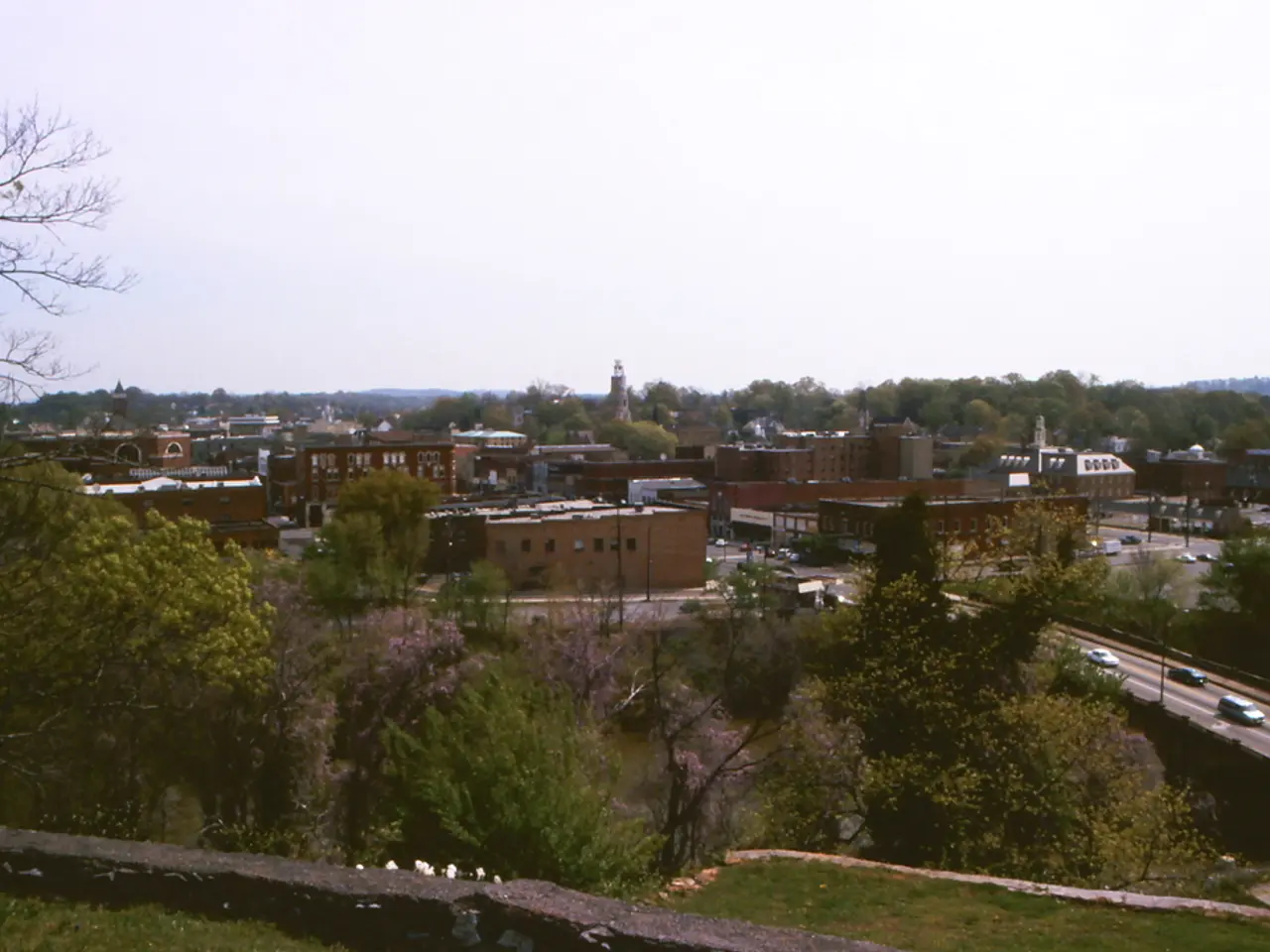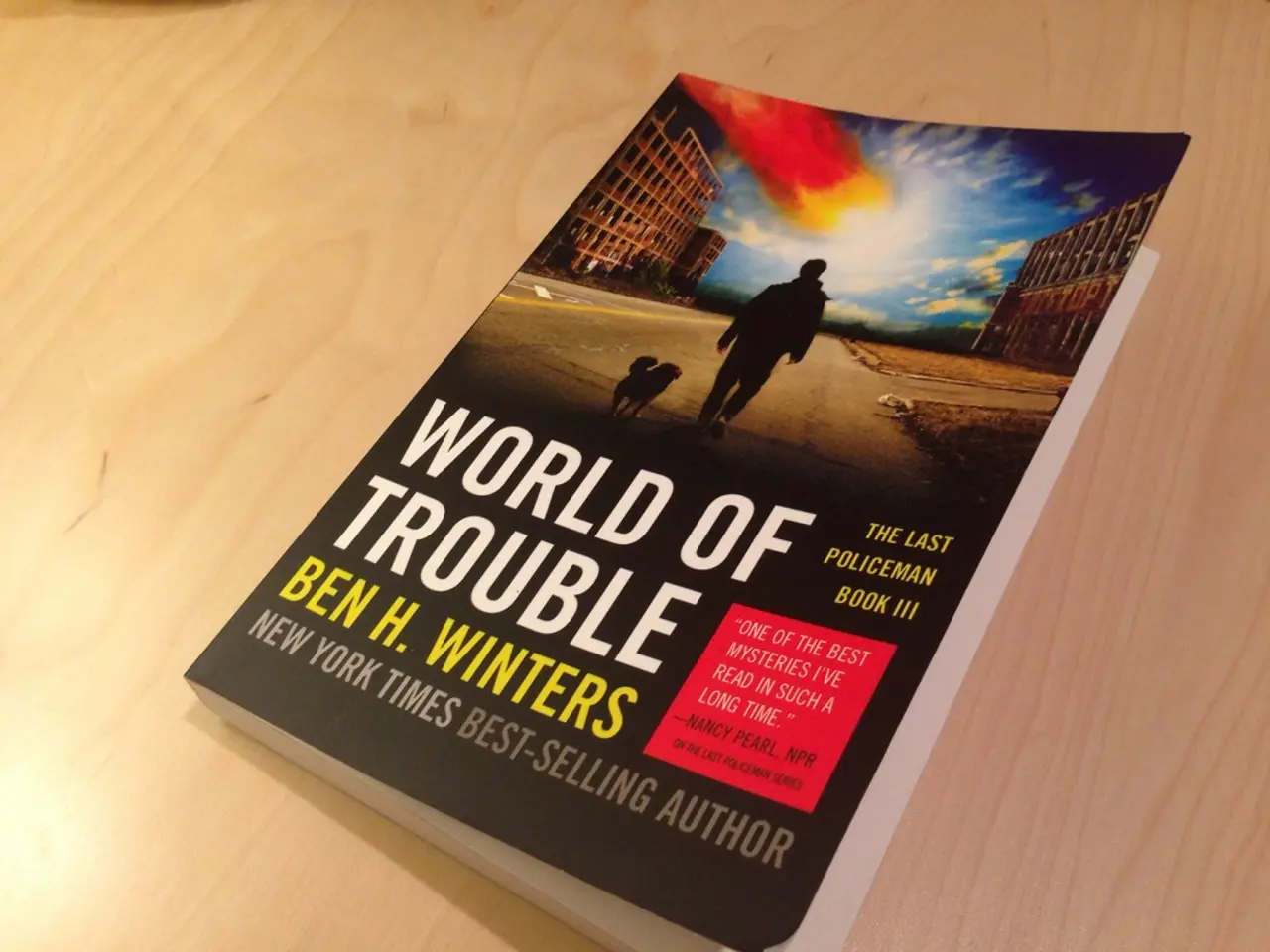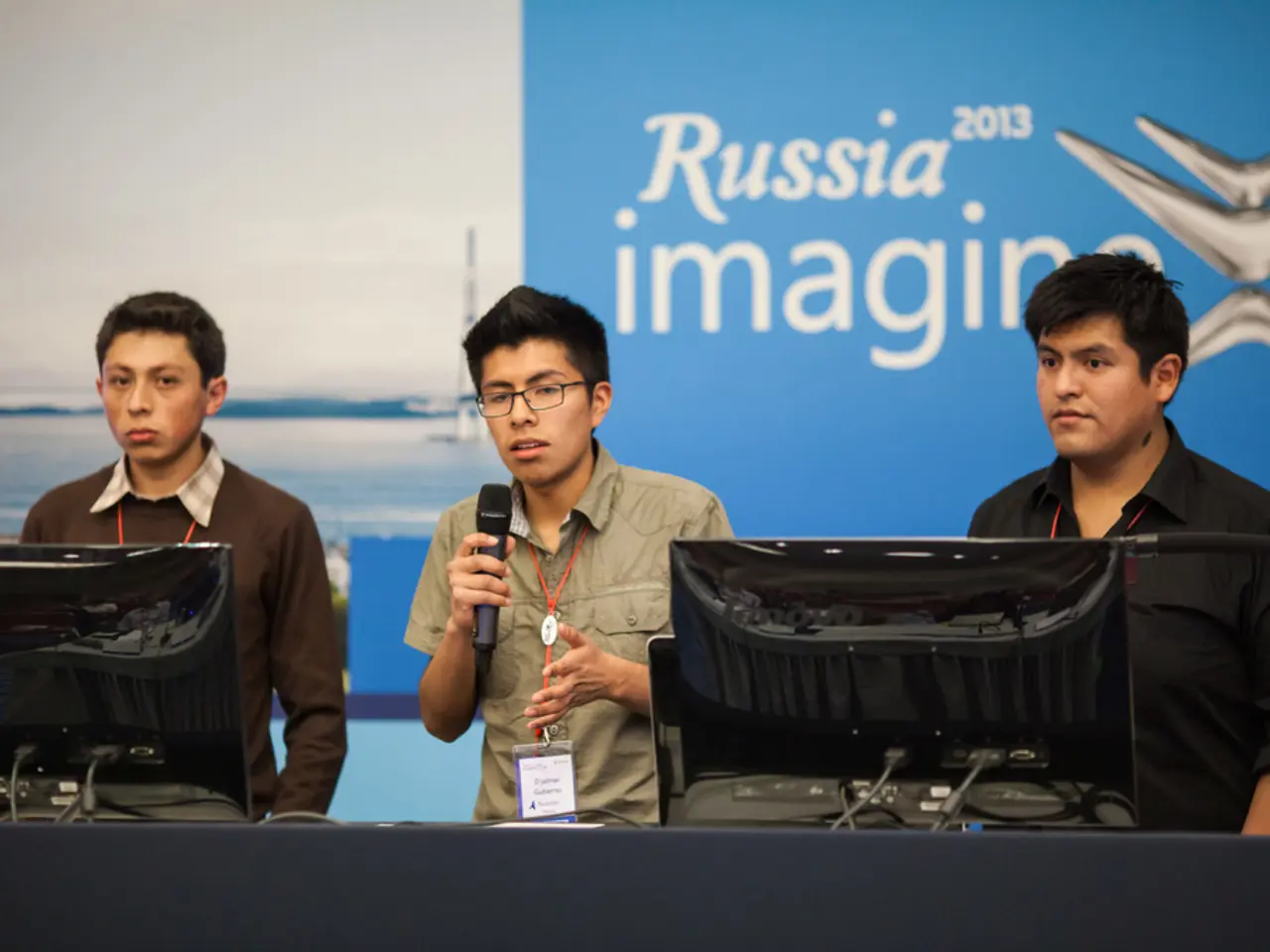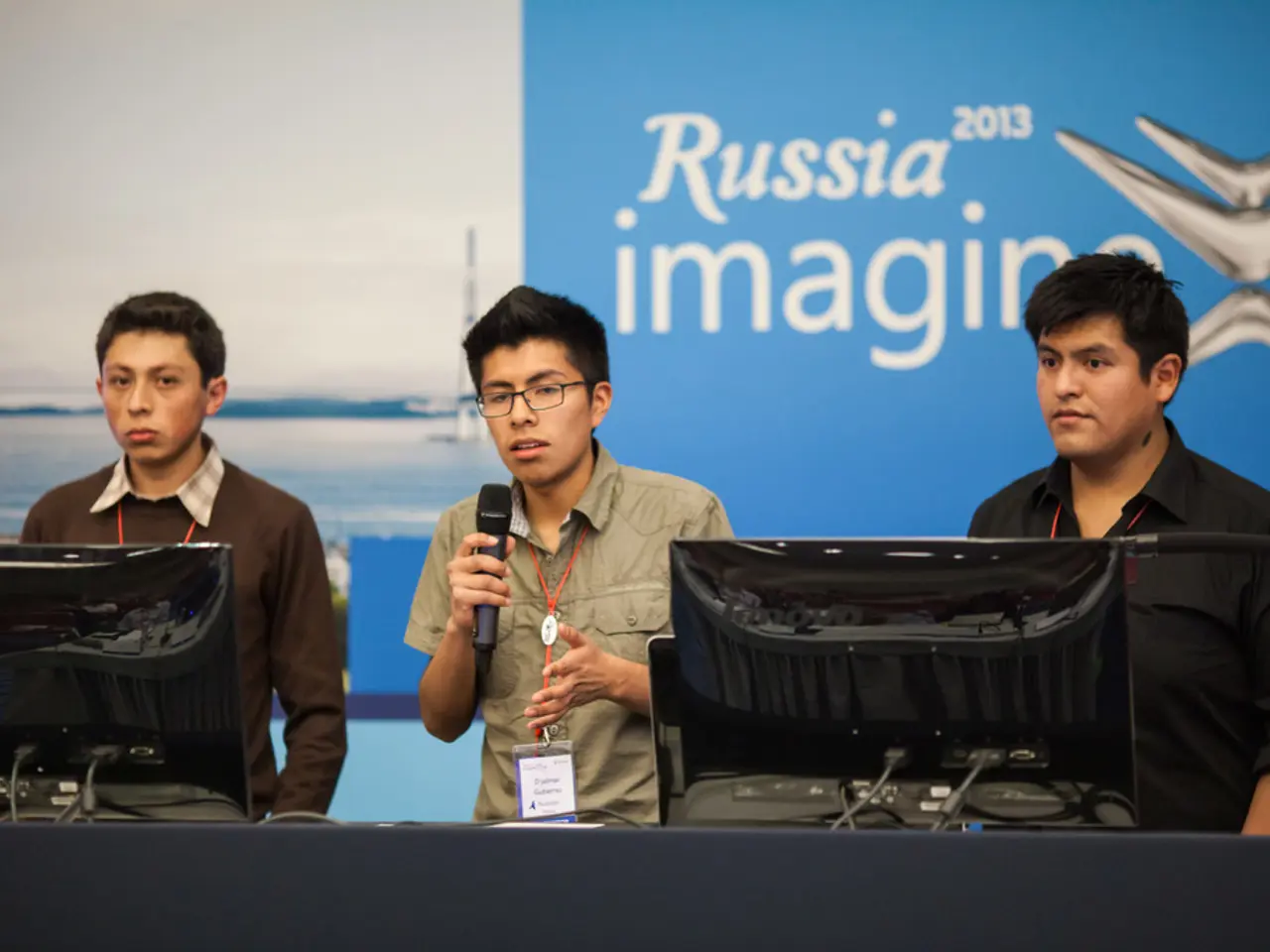Khleslplatz: Renewed Opening Sparks Outrage and Sentiment of Disappointment Persists
Title: Political Furor over Khleslplatz: A Battle for Urban Development and Heritage Preservation
When Dieter Feiertag stands before the committee to represent the "Save Khleslplatz" petition, it's too little, too late. Just days prior, the city council had already passed the resolution that the initiative was designed to prevent - the change of use at the Khleslplatz in Altmannsdorf.
Father Mikolaj Nawotka puts it bluntly in his statement: "With the change of the land use plan, the very foundation for this Meidling pearl to survive as a unique testament to Vienna's history is undermined, and it's not destined to be preserved for future generations."
Feiertag concurs, expressing his disappointment that the decision on allocations had already been decided by the time they presented the petition to the committee. "This is political bankruptcy," he says. "The manner in which our petition was handled is nothing short of a disgrace."
He also can't fathom why the city didn't separate the allocation for a school building, which received widespread support, from the Khleslplatz allocation. "There wasn't a single argument presented against it," he notes.
The campaign originally envisioned the possibility of this building height. Now, a slightly reduced plan has been approved. Yet, the slight victory of shifting the allocation from building class II to building class I comes with reservations. "Everyone was taken aback when we shared the visualization," he admits, "because the buildings that can be erected in the inner courtyards can be four stories high." This poses a significant risk of obstructing the historical ensemble as they would, in turn, be visible from the outside. The initiative now focuses on ensuring all applicable regulations are adhered to during construction.
Feiertag's biggest worry, however, remains the use of these apartments. He fears they might be rented out through Airbnb.
Political Discord
The Khleslplatz issue was also debated during a recent city council session. A bustling conversation including prominent politicians like Lorenz Mayer (ÖVP), Lukas Brucker (FPÖ), the Greens, and the SPÖ arose.
Mayer criticized the project for disregarding the concerns of the residents, while Brucker shared similar sentiments, suggesting that the allocation was "rammed through before the petition was even considered."
In contrast, the Greens underscored a few small successes in preserving the protection zone and a small forest resulting from public engagement.
The SPÖ, however, deemed the situation satisfactory. Councilor Omar Al-Rawi assured on behalf of his party.
Town's Heiligenkreuz Upheaval: Abbot Speaks Out
The failure to handle the petition before the resolution wasn't out of malice, but rather due to the advance Vienna election. "The school will come, and the Khleslplatz will remain protected with a slightly increased residential construction density," Al-Rawi satisfied himself.
A Look Back and Ahead
The political handling of the Khleslplatz petition has stirred significant controversy and public discontent in Vienna, sparking debates about urban heritage preservation and future urban planning considerations.
Public protests, coupled with fervent political support from various parties, have highlighted the importance of safeguarding Khleslplatz for future generations, while also embodying the broader tensions faced in balancing development needs against preservationist concerns.
The political landscape reflects heightened engagement in this matter, with organizers planning to address the Vienna Petitions Committee as of late June. This drive to maintain a public presence in the decision-making process underscores the continued interest in shaping the future of Vienna's urban heritage.
However, the speed and manner in which land-use decisions are being made have also come under scrutiny, raising questions about the pursuit of transparency and citizens’ voice in managing historic neighborhoods.
- The recent dispute over Khleslplatz, a battle for urban development and heritage preservation, has been a hot topic in Austria's policy-and-legislation and general-news, as it has sparked political discord and public discontent.
- The handling of the petition to save Khleslplatz has raised questions about transparency and the citizens' voice in managing historic neighborhoods, as it was discussed in the city council sessions, with politicians like Dieter Feiertag, Lorenz Mayer, Lukas Brucker, and Omar Al-Rawi expressing their views on the issue.






